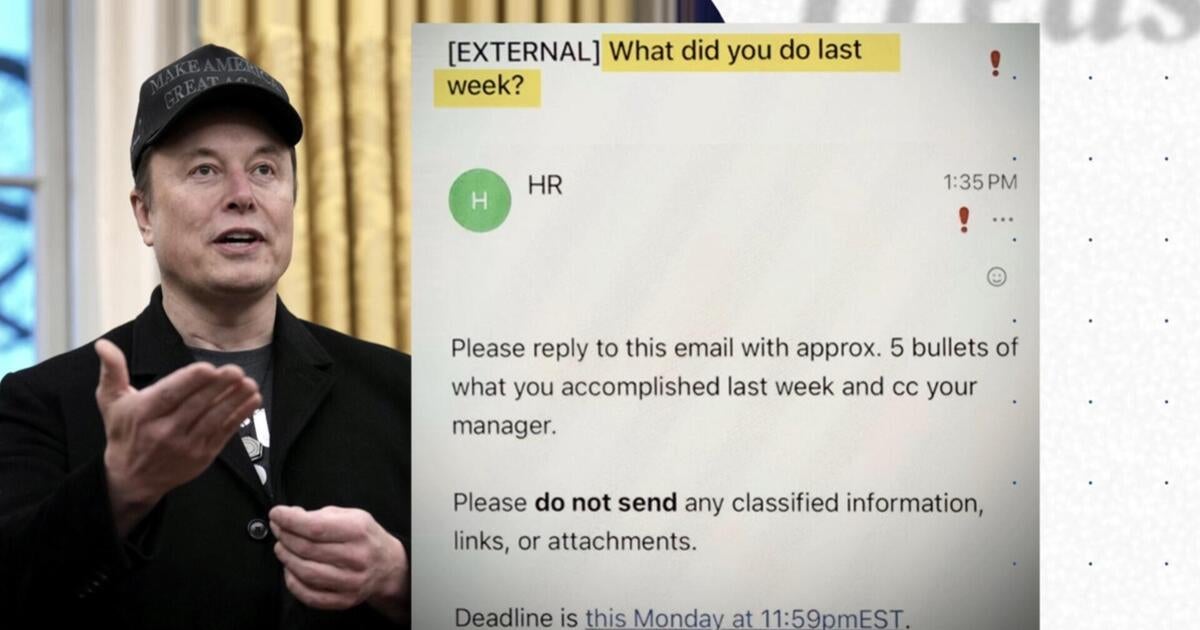Inside the Mind of Federal Employees: Navigating Morale in a Shrinking Bureaucracy
As the landscape of federal employment shifts and agencies undergo significant downsizing, understanding the psychological state of federal employees becomes increasingly vital. Morale among federal workers is not just a matter of job satisfaction; it reflects their sense of purpose, security, and overall well-being. This article explores the complexities of federal worker morale in a shrinking bureaucracy, delving into the psychological impacts of downsizing and the strategies employees employ to cope with change.
The Psychological Impact of Downsizing on Federal Employees
Federal employees are often viewed as the backbone of public service, tasked with delivering essential services to the nation. However, as agencies downsize, many employees find themselves grappling with uncertainty and anxiety. The psychological toll of these changes can manifest in several ways:
- Job Insecurity: With downsizing comes the fear of job loss. Employees may feel their positions are no longer secure, leading to increased stress and anxiety.
- Increased Workload: As agencies cut staff, remaining employees often face a heavier workload. This can lead to burnout and decreased job satisfaction.
- Loss of Identity: For many federal employees, their roles are closely tied to their personal identity. Downsizing can lead to a crisis of self-worth and purpose.
- Low Morale: The overall atmosphere in the workplace can suffer. Low morale can spread like wildfire, affecting productivity and collaboration.
These psychological impacts not only affect individual employees but can also ripple through entire agencies, ultimately impacting the effectiveness of public service delivery.
Understanding Morale in a Shrinking Bureaucracy
Morale is a multifaceted concept that encompasses the emotional and mental state of employees. In the context of federal employment, morale can be influenced by various factors, including leadership, organizational culture, and the nature of the work itself. Here are some key components:
- Leadership Communication: Open and transparent communication from leadership can help alleviate fears and foster a sense of trust. When leaders share the reasons behind downsizing and involve employees in discussions about change, it can enhance morale.
- Support Systems: Agencies that provide support systems, such as counseling services or employee assistance programs, can help employees navigate their emotions during difficult times.
- Recognition and Appreciation: Recognizing and appreciating employees’ efforts can go a long way in boosting morale. Simple gestures, such as thank-you notes or public acknowledgment, can make employees feel valued.
Understanding these components is crucial for improving morale in the context of a shrinking bureaucracy. By addressing these aspects, agencies can create a more supportive environment for their employees.
Strategies Federal Employees Use to Cope with Change
Facing the challenges of a shrinking bureaucracy, federal employees have developed various strategies to cope with changes in their work environment. These strategies can help maintain morale and foster resilience:
- Building a Support Network: Employees often turn to colleagues for support. Building strong relationships with coworkers can provide a sense of community and shared experience during tough times.
- Focusing on Professional Development: Many employees take the initiative to enhance their skills through training and development programs. This focus on growth can foster a sense of control and purpose.
- Practicing Mindfulness: Mindfulness techniques, such as meditation and deep-breathing exercises, can help employees manage stress and maintain mental clarity amidst uncertainty.
- Setting Personal Goals: Employees who set personal and professional goals can maintain a sense of direction and motivation, even in the face of organizational changes.
These coping strategies not only help individual employees but can also contribute to a more resilient workforce overall.
The Role of Organizational Culture in Employee Morale
The culture within federal agencies plays a critical role in shaping employee morale. A positive organizational culture that emphasizes collaboration, innovation, and inclusivity can enhance morale, even in challenging times. Here are some key aspects of organizational culture that can bolster employee morale:
- Encouraging Feedback: A culture that encourages open feedback allows employees to voice their concerns and suggestions, making them feel heard and valued.
- Promoting Work-Life Balance: Agencies that prioritize work-life balance demonstrate a commitment to employee well-being, which can positively impact morale.
- Fostering Inclusivity: A diverse and inclusive workplace can enhance morale by making employees feel respected and valued for their unique contributions.
When agencies cultivate a positive culture, they empower their employees to thrive, even amidst the challenges of downsizing.
Moving Forward: Strategies for Agencies to Improve Morale
Federal agencies must take proactive steps to improve employee morale as they navigate the complexities of downsizing. Here are some strategies that can be implemented:
- Transparent Communication: Agencies should prioritize clear and honest communication about the reasons for downsizing and the expected outcomes. This transparency can help alleviate anxiety among employees.
- Investing in Employee Development: Providing training and professional development opportunities can help employees feel invested in their roles and prepare for future challenges.
- Recognizing Achievements: Celebrating achievements, both big and small, can boost morale and create a positive atmosphere within the agency.
- Encouraging Employee Involvement: Involving employees in decision-making processes can promote a sense of ownership and commitment to the agency’s mission.
By taking these steps, federal agencies can create a more supportive environment that fosters resilience and morale among employees, even in the face of change.
Conclusion: Embracing Change with Optimism
While the challenges of downsizing in federal agencies are significant, understanding the intricacies of employee morale provides a pathway for improvement. By prioritizing communication, support, and a positive organizational culture, agencies can help their employees navigate the complexities of a shrinking bureaucracy. Ultimately, embracing change with optimism and resilience can lead to a more engaged and motivated workforce, ready to meet the needs of the public they serve.
See more BBC Express News

